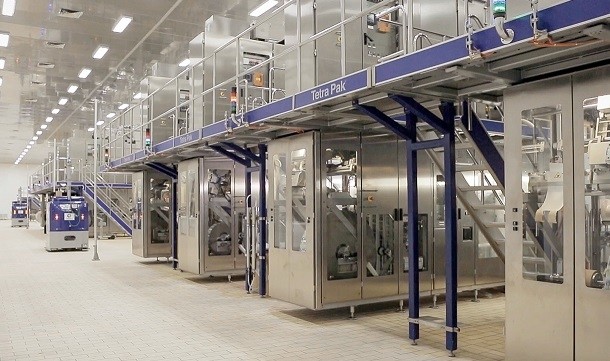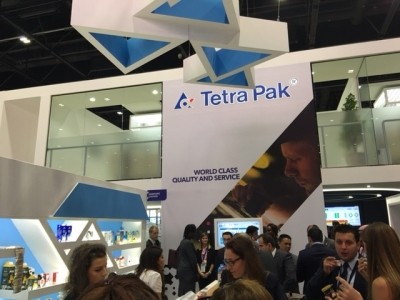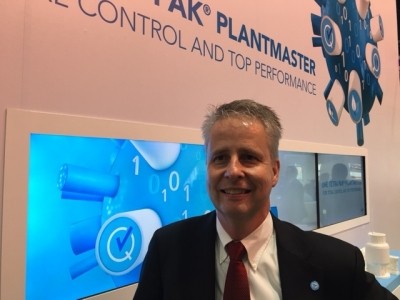Tetra Pak on Paris Agreement: ‘It’s business as usual’

“One of the things that we’re looking at as Tetra Pak is to increase the amount of renewable energy that we’re using at our facilities,” Tetra Pak VP of environment, Jason Pelz, told DairyReporter.
“By us doing that, it lowers our footprint which then in turn lowers our customers’ footprint.”
Pelz said the company is exploring the use of solar rays at its facilities and is identifying power purchase agreements to acquire more renewable energy.
“We also think it’s good business,” Pelz said. “To us, we feel that having electricity come from more renewable resources makes good business sense because now you’re not tied to a finite resource.”
‘Business as usual’
US President Donald Trump announced last week that he will withdraw the US from the Paris climate accord, a global agreement established in 2015 to reduce greenhouse gas emissions.
“I don’t think because the President has changed his mind on this, that we as a company are going to change what we’re going to do,” Pelz said.
“We have a global mandate to improve plants in the US and therefore those plants are going to follow that mandate.”
Tetra Pak signed the UN Global Compact in 2004, a multiyear strategic framework with a goal of promoting responsible and environmentally sustainable business practices. The company also contributes to the UN Sustainable Development Goals, which includes continued investment in environmentally-friendly technologies.
“I think it’s too bad (referring to Trump’s decision), but for us it’s business as usual,” he added.
In addition, Tetra Pak believes the demand for sustainable processing will remain strong despite the US no longer participating in the agreement.
Water and energy reuse
A typical dairy uses water to flush its equipment throughout the processing cycle, and with Tetra Pak’s filtration technology that water can be collected and cleaned for reuse instead of being flushed down the drain, category leader for Tetra Pak North America, Todd Phillips, explained.
Some of the new filtration technology makes it possible to recover 90% of previously lost wastewater in dairy processing plants with potential savings of up to 1.6m gallons of water and 820,000 gallons of milk each year, according to Tetra Pak.
Phillips also highlighted Tetra Pak’s consultancy services to help processors lower their environmental footprint across multiple areas.
“In many cases, customers don’t necessarily have the resources to analyze where they have the issues with energy, water, electricity or waste,” Phillips said.
“We have the ability to point out and show them some opportunities of where they can improve in their processing.”
Tetra Pak is currently developing heat exchangers to recover more energy when heating and cooling a product – an innovation area that can have a positive effect for the dairy processing industry, which relies on thermal pasteurization.











